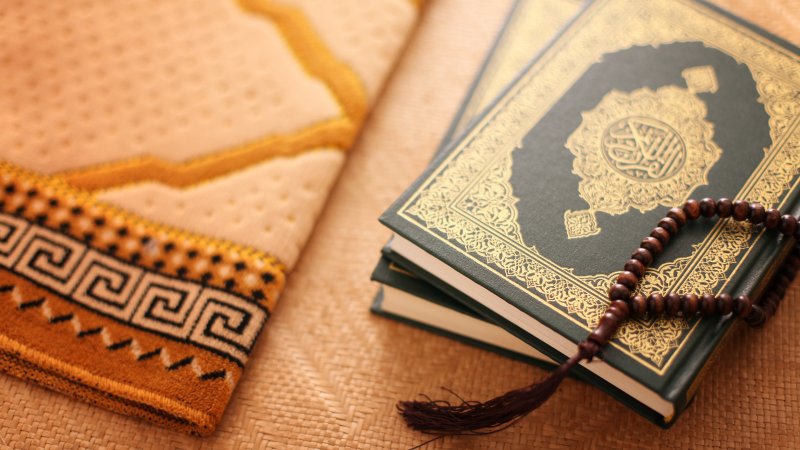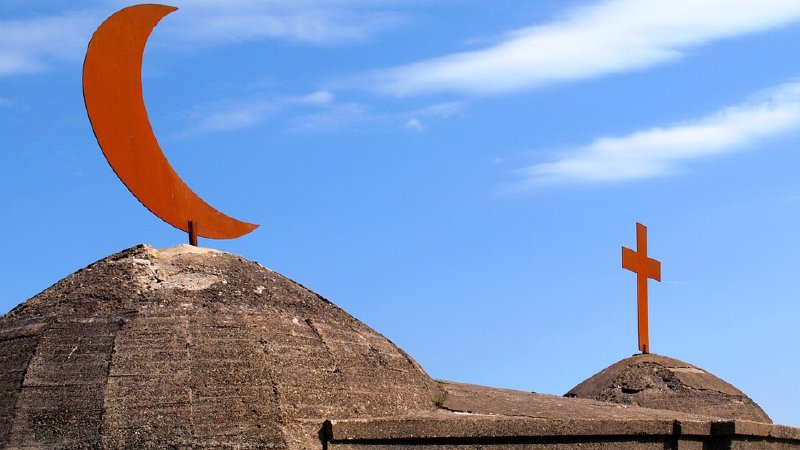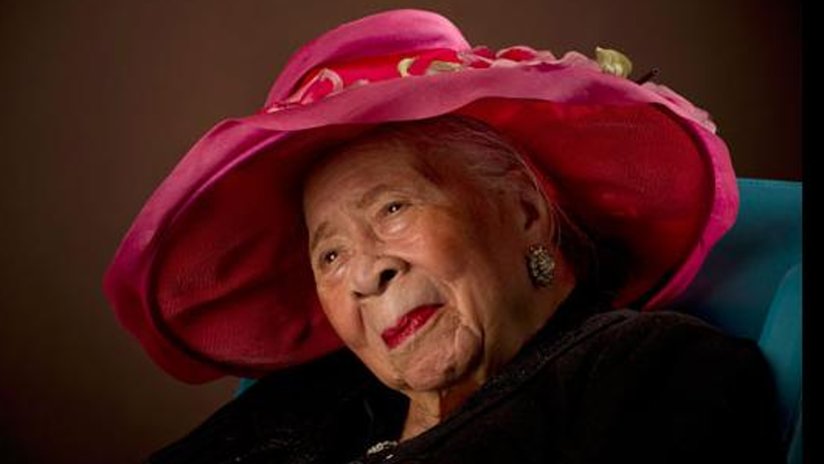
-
HOME
-
WHAT IS STANDOur Mission Our Values Our Help Contact
-
WHAT WE FIGHT FORReligious Freedom Religious Literacy Equality & Human Rights Inclusion & Respect Free Speech Responsible Journalism Corporate Accountability
-
RESOURCESExpert Studies Landmark Decisions White Papers FAQs David Miscavige Religious Freedom Resource Center Freedom of Religion & Human Rights Topic Index Priest-Penitent Privilege Islamophobia
-
HATE MONITORBiased Media Propagandists Hatemongers False Experts Hate Monitor Blog
-
NEWSROOMNews Media Watch Videos Blog
-
TAKE ACTIONCombat Hate & Discrimination Champion Freedom of Religion Demand Accountability
Religious Freedom: The Elephant in the Room
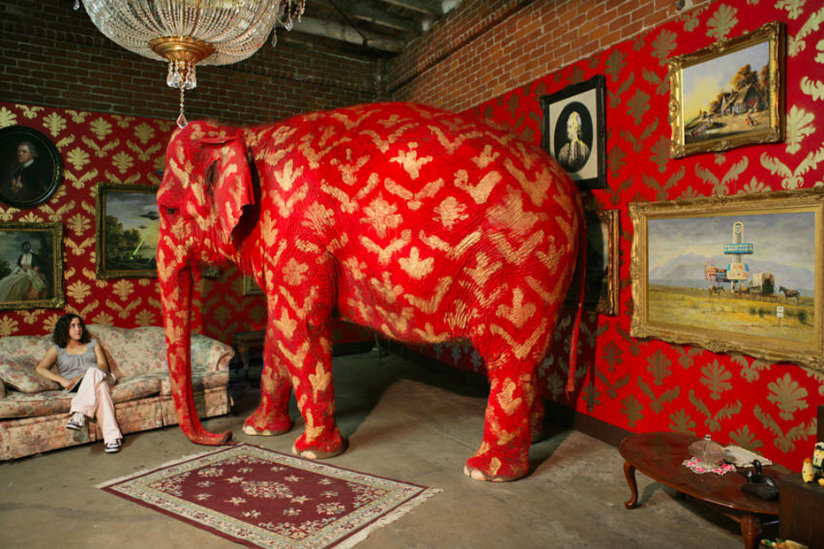
Emo’s Parable
The house of humanity has a religious freedom room. There’s an elephant in it. A big one. The comedian Emo Phillips describes this beast eloquently:
Once I saw this guy on a bridge about to jump. I said “Don’t do it!” He said “Nobody loves me.” I said “God loves you. Do you believe in God?”
He said “Yes.” I said “Are you a Christian or a Jew?” He said “A Christian.” I said “Me, too! Protestant or Catholic?” He said “Protestant.” I said “Me, too! What franchise?” He said “Baptist.” I said “Me, too! Northern Baptist or Southern Baptist?” He said “Northern Baptist.” I said “Me, too! Northern Conservative Baptist or Northern Liberal Baptist?”
He said “Northern Conservative Baptist.” I said “Me, too! Northern Conservative Baptist Great Lakes Region, or Northern Conservative Baptist Eastern Region?” He said “Northern Conservative Baptist Great Lakes Region.” I said “Me, too!”
“Northern Conservative Baptist Great Lakes Region Council of 1879, or Northern Conservative Baptist Great Lakes Region Council of 1912?” He said “Northern Conservative Baptist Great Lakes Region Council of 1912.” I said “Die, heretic!” And I pushed him over.
These two guys in Emo’s parable were so close in their beliefs but apparently not close enough.
If we keep enforcing the “my religion is better than yours” game—if we keep squashing the religious freedom of another by insisting on the exclusivity of our own—we’re not going to make it.
None of us will have religious freedom.
Religious Conflict
There are wars being fought on this planet right now in the name of religion. Or at least supposedly in the name of religion. Less extreme than all-out war, but more insidious in its pervasiveness, is the promulgation of hate—again, supposedly in the name of religion.
Why do I say “supposedly”? Because “religion” is a convenient out. That isn’t to say that religion isn’t part of it. It is. But I think it’s more accurate to say that the real source of religious conflict is individuals down through history who have preached interpretations of certain very carefully selected teachings that are carved out of the broader context of any particular religion—especially when the teachings are intentionally chosen and interpreted as a means of driving wedges between people who hold different beliefs. These drivers of wedges are agents of discord. They don’t want religious freedom for all.
The Basics
Let’s concentrate on the three major religions in the Western world: Judaism, Christianity, Islam and their countless denominations and sects. All of these have their roots in Judaism—the earliest—and they follow a continuous stream of development. All pray to one God, the same God, regardless of what He is called.
Although all three were formed at different points in history and in different cultural and political circumstances, all share the same basic tenet: there is one God and the way to personal spiritual salvation is through Him. Moses, Jesus and Mohammed framed their messages to fit the context of their times—centuries apart—so the messages do look different. But each of these prophets channeled the Word of the same God. Each ultimately taught that the way to peace is through peace. Each faced bitter opposition.
The Differences
Each prophet had followers in his lifetime and more followers ever after. Each follower was called, or felt he was called, to spread the Word. As time went on, the followers became evangelists. But more and more evangelists brought unforeseen consequences. Differing understandings, interpretations, methods of presentation and poor translations developed. Each one of these altered the original Word. Though much of this was not malicious, some evangelists added spins and personal cultural, economic, political or just plain egotistical agendas. Between the innocent and not-so-innocent changes, the Word became splintered into thousands.
What if the religious leaders of the world all got together and decided that these different religions can get along and persuaded their followers to prove it?
Each of these individuals believed—or in some cases didn’t believe, but promoted—that his version of the Word was the true message of God. Many of these teachings were appended with language that amounted to: “this is the True Word and all others are false and if you break faith and follow false prophets, you will suffer eternal damnation.” From this admonition came the mission to view one’s brother as a heathen who must be “saved” from a religion he was freely and happily following. Multiply that by billions down through history and you come to Emo’s parable.
Back to the Basics
Through all of this, miraculously, the essential tenet of the original message of God expressed through His prophets remains unchanged: there is one God, a merciful God, and the way to personal spiritual salvation is through Him. Strip away the additions and interpretations over the millennia and the original Commandments remain what they always were.
Put well-educated rabbis, priests and imams in a room together and they would agree on these basics—if they are of good heart and seek agreement to end conflict—because, ultimately, all of them answer to the same God.
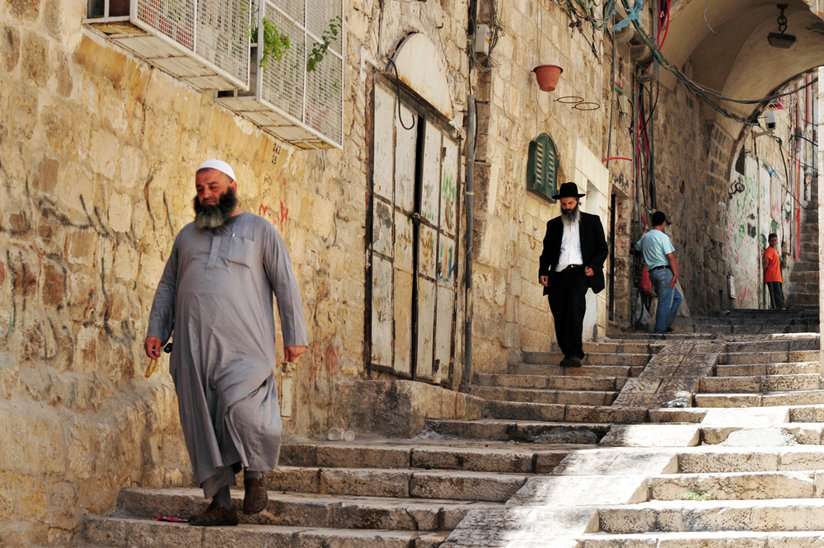
Religious Tolerance Starts at the Top
What if they actually did this? What if the religious leaders of the world all got together and decided that these different religions can get along and persuaded their followers to prove it?
It would take bold, decisive, unselfish leadership. It would take saintliness. But isn’t true human decency saintly?
It’s unrealistic to think that there wouldn’t be tribulations along the way. There would certainly be resistance. Thousands of years of hate, mistrust, lack of understanding and deep cultural bias won’t just evaporate because somebody woke up one morning with a good idea.
Still, good ideas can become projects and the only projects that get finished are the ones that are started in the first place.
Religious Tolerance Also Starts at the Bottom
There are 7 billion of us on a small planet. We have to get along. Anyone can start. Any place. Any time.
Talk it up at church. Join interfaith groups. Walk up to someone of a different faith and smile and say hello.
I believe different religions can exist harmoniously. I think we must make it so, for the good of all. Then we can all have religious freedom.
And if we do, then someday Emo’s parable will have a different ending. He’ll pull the guy off the bridge and call him “brother.”






